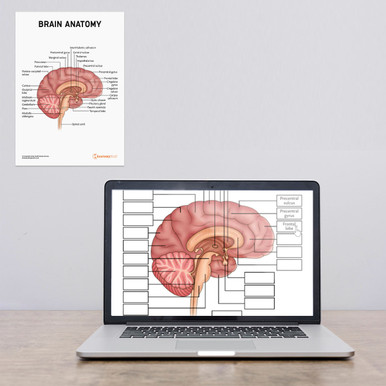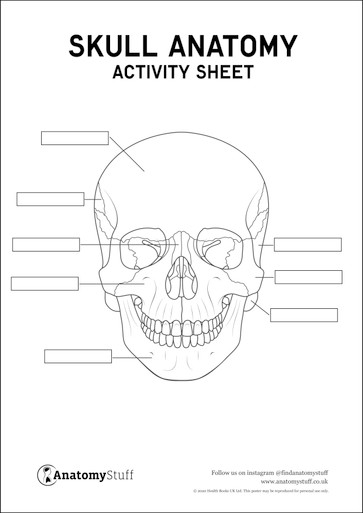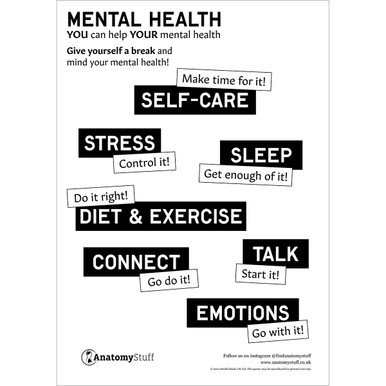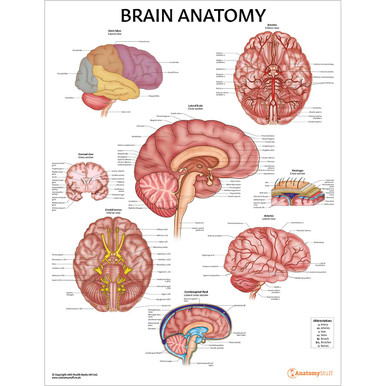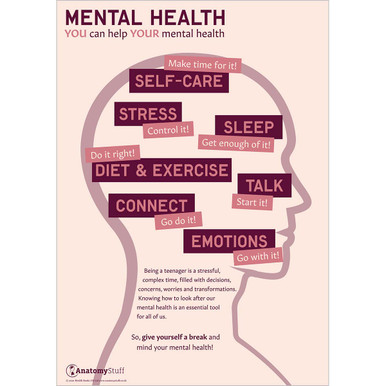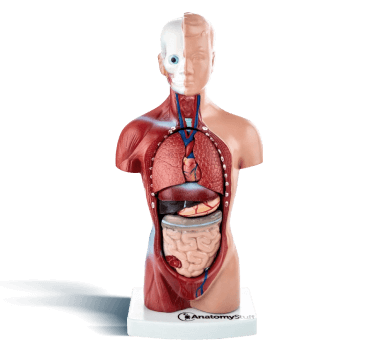Five things that make anxiety worse
The feeling of uneasiness, tension, or agitation that persists despite attempts at relaxation indicates an anxiety condition. Anxiety and panic attacks are challenging to regulate, cause significant impairment in everyday functioning, are disproportionate to the actual threat, and may linger for a very long period.
While some causes of anxiety are unique to the individual, many others are shared by all who suffer from anxiety disorders. As a general rule, most persons have more than one trigger. However, some individuals are susceptible to having anxiety episodes at random.
1. Concerns relating to health
A distressing or challenging health diagnosis, such as cancer or a chronic condition, may initiate or exacerbate anxiety. This kind of stimuli is particularly potent because of the intensity of the emotions they evoke at the moment. When you take charge of your health and actively participate in your care with your doctor, you may help alleviate some of the stress that comes with dealing with medical difficulties. A therapist may help you work through your feelings about your diagnosis and improve your ability to cope.
2. Drugs
A number of drugs, both prescription and OTC, have been linked to an increase in anxiety in certain people. This is because the medicines’ active chemicals may cause you to feel ill or disturbed. Feeling anxious may trigger a chain reaction of physiological and psychological responses that might amplify your worry. Hormone replacement therapy, or “birth control pills,” is one example of a medication that has the potential to induce anxiety. Other medications include:
• Remedies for stuffy noses and hacking coughs,
• Medications for weight loss,
• Pharmaceuticals for treating asthma and thyroid conditions,
• Medications meant to relieve anxiety might actually produce more stress if you abruptly stop using them, especially benzodiazepines.
Discuss the side effects you’re experiencing while taking these medications with your doctor to find an alternate treatment plan that won’t bring on any further anxiety or worsen your current symptoms.
3. Caffeine
There are many individuals who need their morning coffee to get going, but some research suggests that it may actually increase anxiety. One study from 2010 found that the anxiety-inducing effects of coffee were more noticeable in patients with panic disorder and social anxiety disorder. Use noncaffeinated alternatives to reduce your caffeine consumption. For anxious people, caffeine’s stimulating effects might be particularly problematic. The jittery feeling you get from caffeine is comparable to the ones you get when you’re confronted by something terrifying. Research has revealed that consuming coffee may exacerbate anxiety or even provoke an anxiety attack because it triggers the body’s “fight or flight” response.
Caffeine may improve wakefulness, focus, and cognition, but too much of it can make some individuals anxious, especially those who already suffer from panic or social phobia. One might have similar anxiety symptoms after drinking too much coffee, including irritability and insomnia.
4. Stress
Anxiety can affect anybody, and it’s easy to feel anxious when dealing with commonplace stresses like traffic or a missed train. However, prolonged or chronic stress has been linked to various health issues, including persistent anxiety and worsening existing symptoms. Skipping meals, drinking too much, and not getting enough sleep are all responses to stress. It’s also possible for these things to bring on or amplify anxiety. Developing effective coping strategies may be an important part of treating and avoiding stress. Meeting with a therapist or counsellor may help you identify and cope with the factors that contribute to your stress.
Free PDF Downloads
View All5. You’re thinking negatively
When you’re anxious, your mind has complete power over your physical body. The things you tell yourself while you’re feeling unhappy or agitated might make you feel much worse.
If you constantly criticise yourself, it may be good to train yourself to change the language and emotions you use when you begin to go down this road. Therapy sessions might be quite useful in this regard.
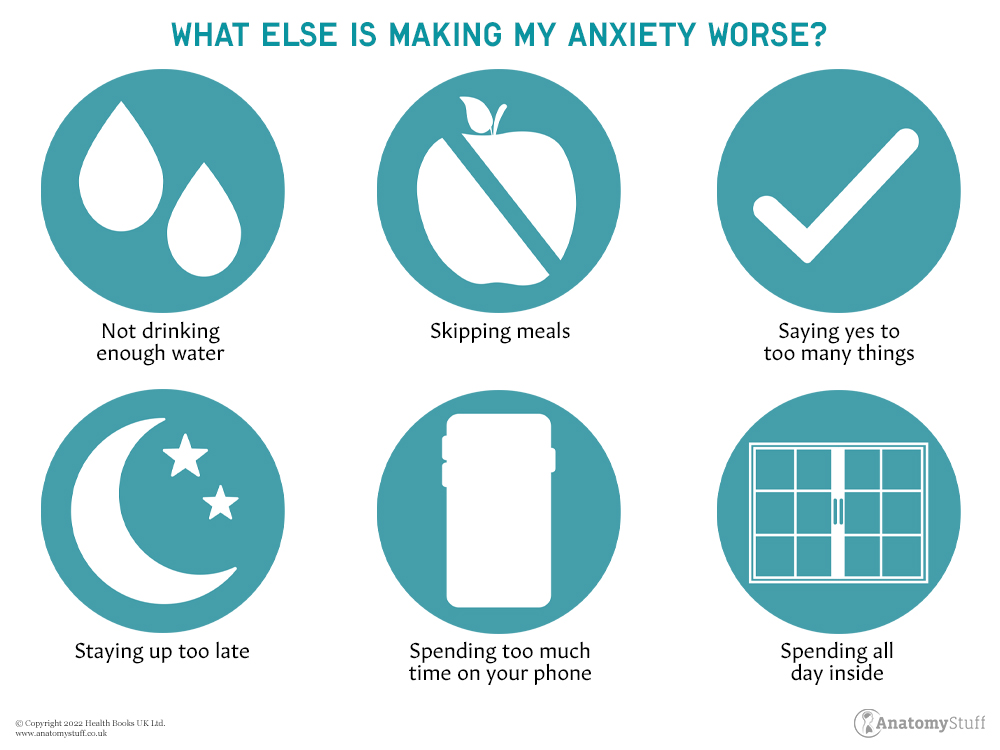
Steps toward coping with your anxiety triggers
It is possible to develop techniques for dealing with triggers as they arise. Identifying potential flashpoints is straightforward with these three strategies:
Get a diary going
Notate the times you felt particularly anxious and what you believe triggered such episodes. Your anxiety levels may be monitored with the aid of some mobile applications.
Get in touch with a therapist
Anxiety causes might be hard to see, but a mental health professional has the knowledge to assist. They could try talking it out, keeping a diary, or anything else to identify what sets them off.
Tell the truth to yourself
Anxiety may lead to pessimistic thinking and a low opinion of oneself. The nervous responses might make it hard to pinpoint the actual causes. Exercise self-compassion and curiosity to learn how your previous experiences influence your present.
Your daily life should not be hampered because of your worry; thus, treatment should be sought if this is the case. Working with a mental health professional is the best way to alleviate your symptoms and learn to manage your anxiety triggers.
Related products
View All